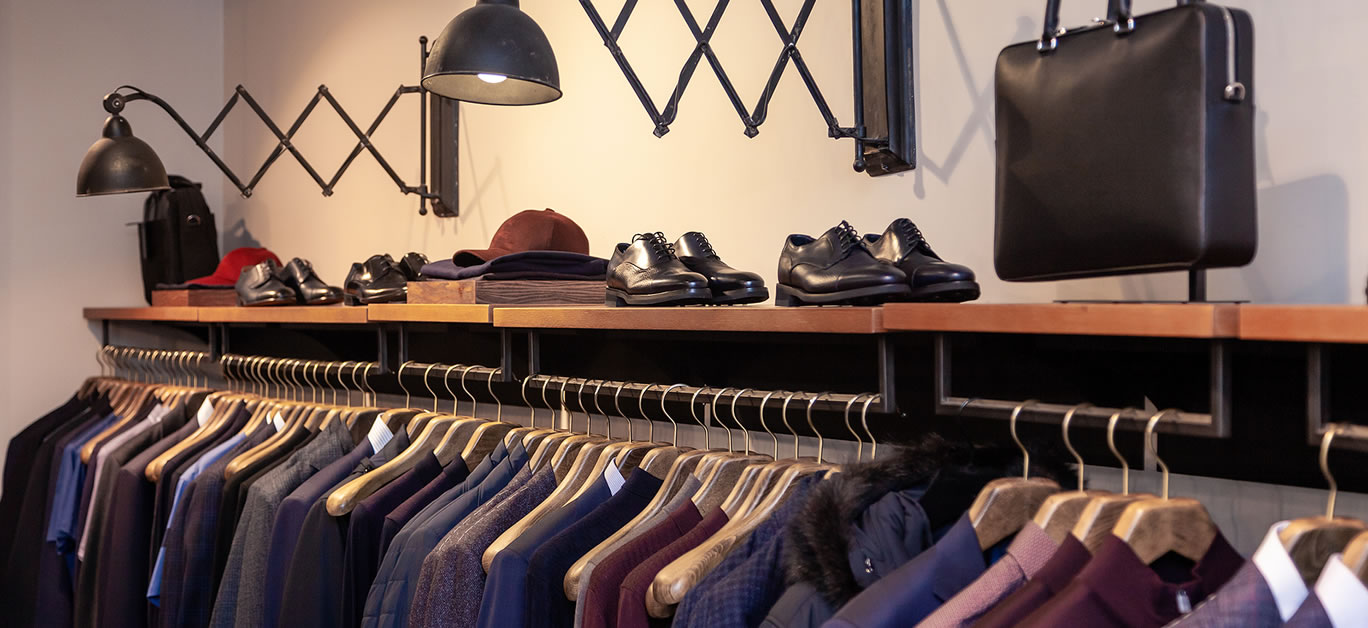From Guest Blogger Lillian Connor – Sustainable Luxury: Strategies Redefining High-End Fashion

Sustainable Fabrics: Giving Luxury a New Meaning
In response to the environmental challenges posed by conventional materials, luxury fashion brands are increasingly turning to sustainable alternatives. Organic cotton, hemp, and recycled polyester are just a few examples of eco-friendly materials gaining popularity in the industry.
Additionally, brands are exploring innovative textiles such as lab-grown leather and bio-based fabrics, offering cruelty-free alternatives without compromising on quality or luxury.
Ethical Sourcing and Supply Chain Transparency
Transparency and ethical sourcing are paramount for luxury fashion brands looking to uphold social responsibility. By partnering with ethical suppliers and manufacturers, brands can ensure fair labor practices and support local communities.
Initiatives like fair trade certification and worker empowerment programs demonstrate a commitment to ethical business practices and promote transparency throughout the supply chain.
Collaboration and Industry Partnerships: Fostering Collective Impact
As an innovative master in fashion and luxury business is teaching us, professionals in this field must advocate for ethical and environmentally conscious approaches to fashion and luxury production and consumption, enabling the industry’s positive impact both on the environment and society.
Luxury fashion brands are increasingly recognizing the importance of collaboration and partnerships in driving sustainability forward. By joining forces with other brands, industry organizations, and NGOs, they can leverage collective expertise and resources to tackle complex environmental and social challenges.
Collaborative initiatives may include sustainability-focused research projects, advocacy campaigns, or industry-wide standards and certifications, fostering a culture of innovation and shared responsibility.
Circularity: Pioneering Sustainable Consumption
The traditional linear model of fashion, characterized by production, consumption, and disposal, is being replaced by a circular approach within the luxury sector. Brands are embracing strategies such as recycling, upcycling, and rental services to minimize waste and maximize the lifespan of products.
Repair and restoration services, as well as partnerships with resale platforms, are further extending the lifecycle of garments, catering to consumers’ desire for more sustainable and mindful consumption.
Technological Innovation: Driving Sustainability Forward
Technology plays a pivotal role in advancing sustainability initiatives within the luxury fashion industry. From materials science to supply chain management, technological innovations are enabling brands to create high-quality products with minimal environmental impact.
Blockchain technology enhances supply chain transparency, while virtual reality and augmented reality create immersive experiences that educate consumers about sustainability and ethical practices.
Consumer Education and Engagement: Empowering Conscious Choices
Empowering consumers with knowledge and information is key to promoting sustainable behavior within the luxury fashion industry. Brands are investing in consumer education initiatives, such as workshops, events, and online resources, to raise awareness about the environmental and social impacts of fashion consumption.
By engaging with consumers in meaningful conversations and providing transparent information about product origins and sustainability efforts, luxury brands can empower individuals to make more conscious purchasing decisions.
Innovation in Packaging and Distribution: Minimizing Environmental Impact
Luxury fashion brands are reimagining packaging and distribution practices to reduce their environmental footprint. From eco-friendly packaging materials to optimized logistics and transportation routes, brands are prioritizing efficiency and sustainability throughout the supply chain.
Innovative packaging solutions, such as compostable, reusable or biodegradable packaging, not only minimize waste but also enhance the overall luxury experience for consumers, reflecting a commitment to sustainability from purchase to delivery.
Investment in Sustainable Innovation and Research
Luxury fashion brands are investing in sustainable innovation and research to drive long-term environmental and social impact. By allocating resources to research and development initiatives focused on sustainability, brands can pioneer new technologies, materials, and processes that have the potential to transform the industry.
Moreover, investment in sustainability-focused partnerships and collaborations with academic institutions and research organizations enables brands to stay at the forefront of sustainable fashion innovation, driving positive change on a global scale.
Conclusion
In conclusion, sustainable luxury strategies are reshaping the fashion industry, driving positive change and redefining industry norms. By prioritizing sustainable materials, ethical sourcing, circularity, technological innovation, collaboration, consumer education, innovation in packaging and distribution, and investment in sustainable innovation and research, luxury brands can align their business practices with environmental and social responsibility.
Ultimately, these efforts not only benefit the planet and its people but also contribute to the long-term success and relevance of luxury fashion in an increasingly conscious and conscientious world.
